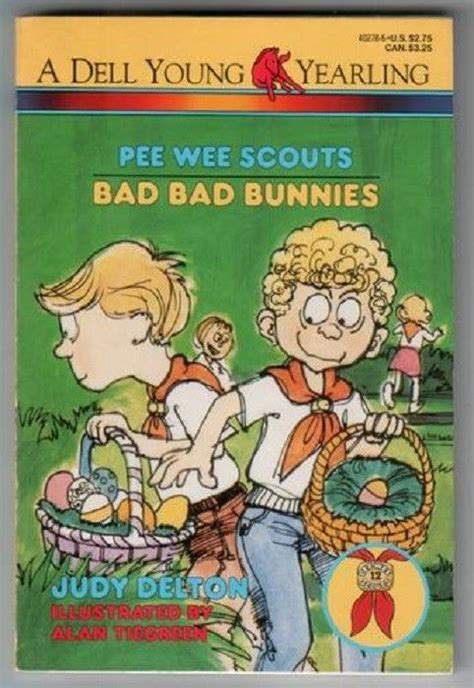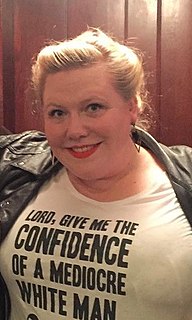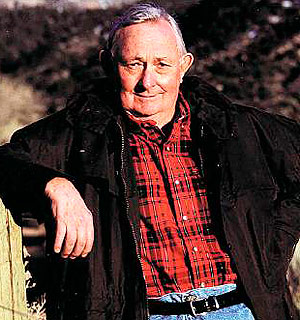A Quote by Scott Turow
'Presumed Innocent' was written over a six to seven year period with intervals in between where I was figuring out the end of the book and writing other stuff... My life as a writer was carried on against the odds. I had written four unpublished novels by then... as a writer of fiction, I hadn't gotten very far. I just wanted to do it.
Related Quotes
Just write. If you have to make a choice, if you say, 'Oh well, I'm going to put the writing away until my children are grown,' then you don't really want to be a writer. If you want to be a writer, you do your writing... If you don't do it, you probably don't want to be a writer, you just want to have written and be famous—which is very different.
I've been doing short-form writing for a decade, and six years ago I signed with an agent, and we've been working on figuring out what my book would be. I was always so embarrassed that it took me so long to figure it out, but I think, in retrospect, I just wasn't ready to write a book six years ago. I wasn't confident enough as a writer and I wasn't coherent enough in my worldview. It just took this long for me to be a mature enough writer and be ready to do it.
THE WRITER can get free of his writing only by using it, that is, by reading oneself. As if the aim of writing were to use what is already written as a launching pad for reading the writing to come. Moreover, what he has written is read in the process, hence constantly modified by his reading. The book is an unbearable totality. I write against a background of facets.
And if you're gonna be a writer, you just truly have to be a writer. You have to throw yourself into it and deal with the negative consequences of that. And there are negative consequences. I mean, there are. But, it's also true that you wouldn't be interviewing me right now if I had worked at the post office. You wouldn't. I would be still writing, but I wouldn't have gotten as far as I've gotten, because I wouldn't have had the time.
When I've taught writing to five, six, and seven year olds, it's not very different than talking to an adult writer. They're writers then, and when they get to be young teenagers they're not anymore. You might go and talk to them about writing, and they'll be very self-conscious or will have detached themselves from the group.
You have started the book with this bubble over your head that contains a cathedral full of fire - that contains a novel so vast and great and penetrating and bright and dark that it will put all other novels ever written to shame. And then, as you get towards the end, you begin to realise, no, it's just this book.
But novels are never about what they are about; that is, there is always deeper, or more general, significance. The author may not be aware of this till she is pretty far along with it. A novel's whole pattern is rarely apparent at the outset of writing, or even at the end; that is when the writer finds out what a novel is about, and the job becomes one of understanding and deepening or sharpening what is already written. That is finding the theme.
Everyone always asks, was he mad at you for writing the book? and I have to say, Yes, yes, he was. He still is. It is one of the most fascinating things to me about the whole episode: he cheated on me, and then got to behave as if he was the one who had been wronged because I wrote about it! I mean, it's not as if I wasn't a writer. It's not as if I hadn't often written about myself. I'd even written about him. What did he think was going to happen? That I would take a vow of silence for the first time in my life? "






































